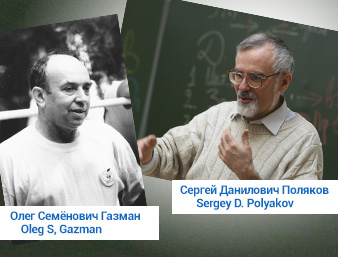
Проблема развития субъектности детей дошкольного возраста: возможно ли ее решить в отсутствие развития профессиональной субъектности педагогов?
Современная ситуация развития общества, для которой характерен чрезвычайно высокий динамизм социокультурной жизни, быстрая смена технологий и профессий, требует от каждого, кто не хочет оказаться аутсайдером, новых качеств и способностей. В первую очередь, к ним относятся стремления и способности непрерывно пополнять свое образование.
В сложившейся ситуации существенную помощь людям в выстраивании ими собственного жизненного пути может и должна оказывать система непрерывного образования, получающая в последнее время все большее распространение в цивилизованном мире. Но для того, чтобы воспользоваться ее возможностями, необходимо быть субъектом собственного образования. Субъект собственного образования, во-первых, в состоянии осознать, какое именно образование ему нужно, (проводя для этого анализ и оценку как имеющихся условий, так и своих личностных возможностей и способностей), соответствует ли оно выбранным им жизненным приоритетам; во-вторых, испытывает желание получить это образование и, что не менее важно, целенаправленно организует его получение, пополняя и развивая в течение всей жизни.
The problem of preschool children’s subjectness development: Can it be solved if teachers lack professional subjectness?
The present-day level of social development, with its extremely high speed of sociocultural life, rapidly changing technologies and occupations, requires anyone who does not want to be an outsider to possess new skills and personal qualities and, primarily, a will and an ability to constantly improve one’s educational level.
In the current situation, the system of lifelong education, which is recently gaining popularity all over the world, may offer tangible help in building people’s individual life paths. However, in order to benefit from the existing opportunities, it is necessary for an individual to be a subject of one’s own education. The subject of his/her own education should, first of all, be able to understand what kind of education s/he needs (by analyzing and evaluating both the existing opportunities and his/her own possibilities and abilities), and whether it correlates with the chosen life priorities and, secondly, should be willing to obtain such education and, what is just as important, to purposefully organize this education through lifelong learning.
In this respect, the key goal of a secondary school is not only to transfer basic knowledge and skills to its students but also to create the environment that would allow students acquire the skills to learn with all the relevant personal qualities and conditions.




